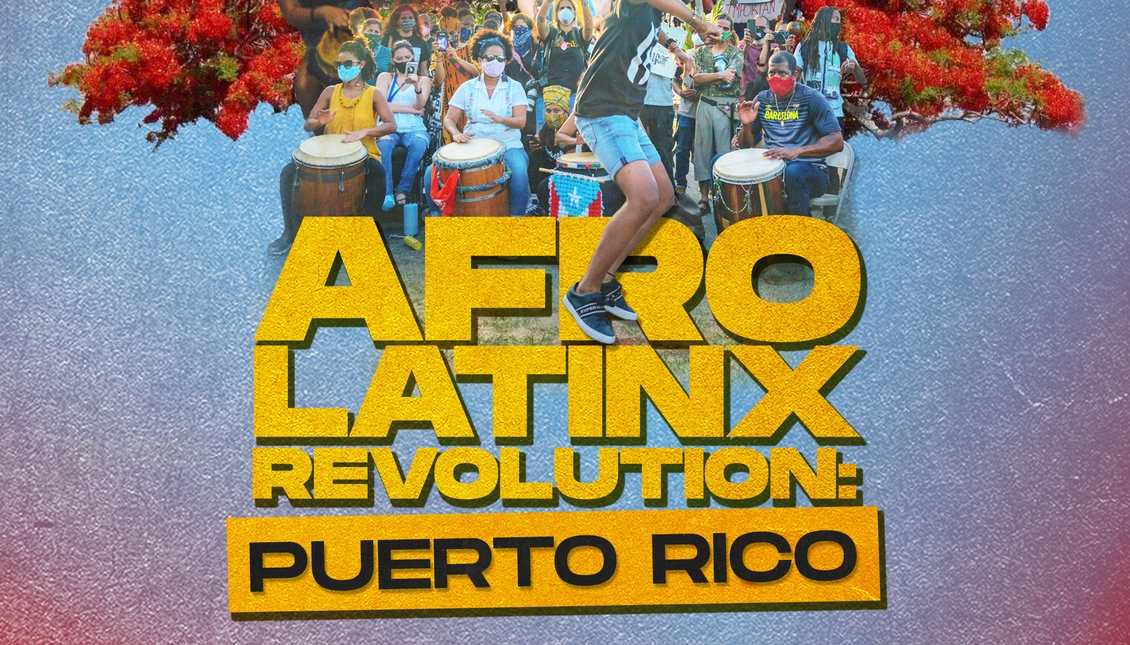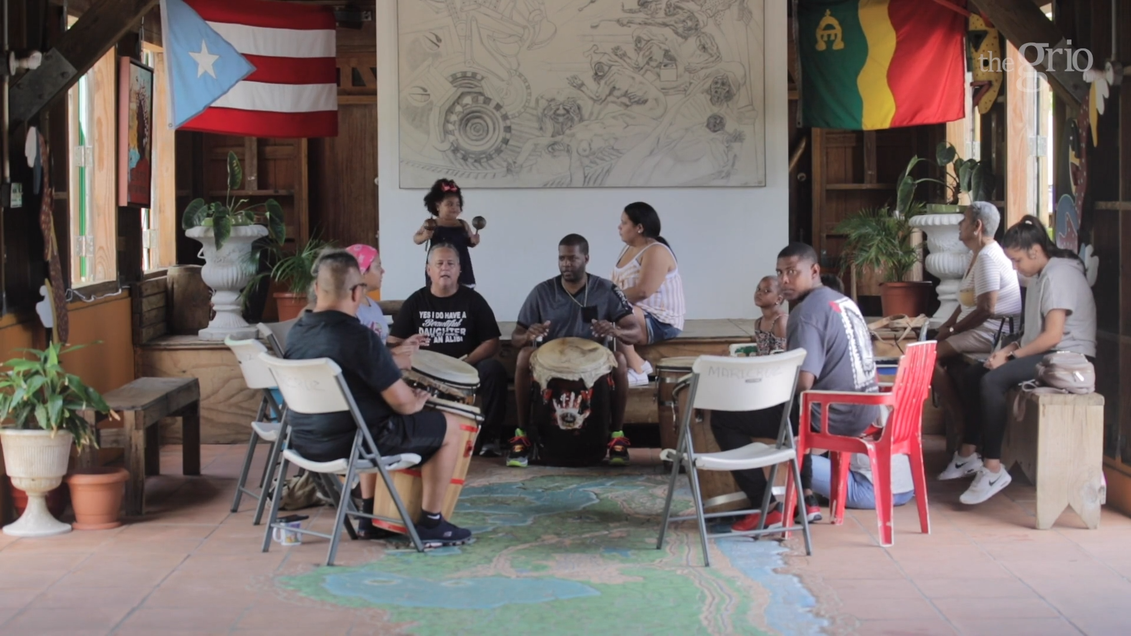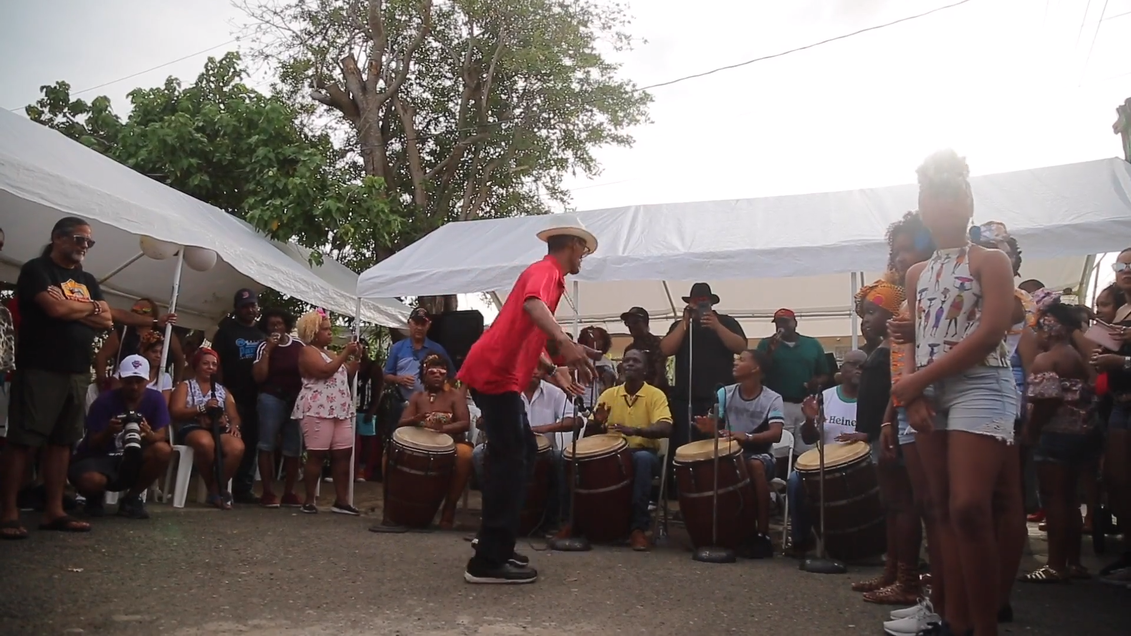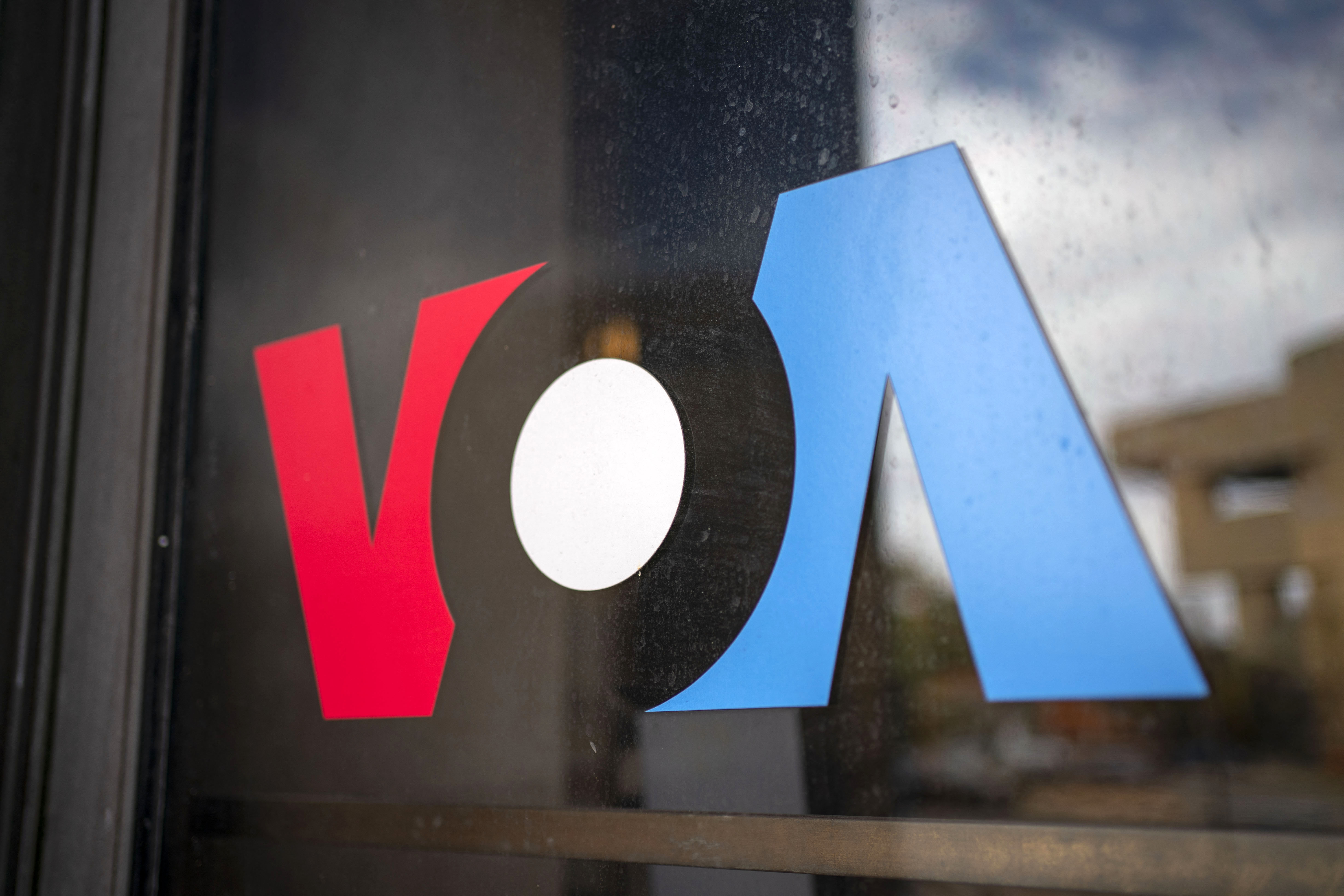
'Afro-Latinx Revolution': A documentary about identity and racism in the heart of Loíza.
Renowned journalist Natasha S. Alford externalizes the doubts and debate about her Afro-Latinx identity by taking the pulse of the inhabitants of Loíza, Puerto…
Now available on multiple streaming platforms is the documentary by renowned journalist Natasha S. Alford, Afro-Latinx Revolution: Puerto Rico, which addresses the profound debate about the internal and social identification of Afro-boricuas, Boricuas or Afro-Latinxs in Puerto Rico. It is available for viewing on Amazon Prime Video, Local Nom and theGrio.com.

Produced in collaboration with the Pulitzer Center and acquired by Freestyle Digital Media, Alford also collaborated with producers Mikey Cordero and Frances Medina, both involved in Defend Puerto Rico and the documentary, Temblores.
The journalist travels to Loíza to ask others in the city how they identify themselves, aiming to find the same duality awakened in her memory at the age of 15, when she confronted her African roots at the bomba. Since the protests in 2019, the racism among Puerto Ricans that affects the lives of Boricuas or Afro-Latinxs has been more readily called out.

As one of the interviewees points out, the cultural and genetic mix between Hispanics, Africans and French results in them seeming "too Latino to be Black and too Black to be Latino." The effects are not only the stereotypes, but also the euro-centric representation of Puerto Ricans and the ignorance of their African roots.
Alford's experience is more or less parallel to the other interviewees. The result is a certain variety of terms to define this miscegenation, ranging from the term "Afro-Latinx" to "Afro Puerto Rican."
RELATED CONTENT
It is catastrophic when the documentary exposes the separation that still exists in certain areas of Puerto Rican society, an internal racism that is expressed in separate spaces and that forces people who move between the two to limit themselves to a single one when operating in social circles. There is a deep problem of conception of the African that functions almost as a replica of the colonial system.
Beyond the debate over the specific term and the extent to which new neologisms continue to be colonial, the documentary is an opportunity not only point out social injustices, but also embrace other objective demographic changes, such as the fact that in 2000, 80% of the population identified as white and the figure declined to 76% in 2010.

The plurality of the Boricua or Afro-Latinx scene also emerges in interviews with numerous artists, such as Ralez, Hanzen, and in references to Rafa Pabon, as well as in his research on the origins of bomba and plena.
In short, the documentary is a testimony in the heart of Loíza where Alford collectively investigates her African roots.
“I wanted to tell a story that centered Black voices in our conversations about Latin@/x identity; highlighting their complexity, beauty, power, and diversity of thought. Too often the popular image of ‘Latinidad’ erases Afro-Latinos, along with their achievements and historical contributions,” she said.











LEAVE A COMMENT: